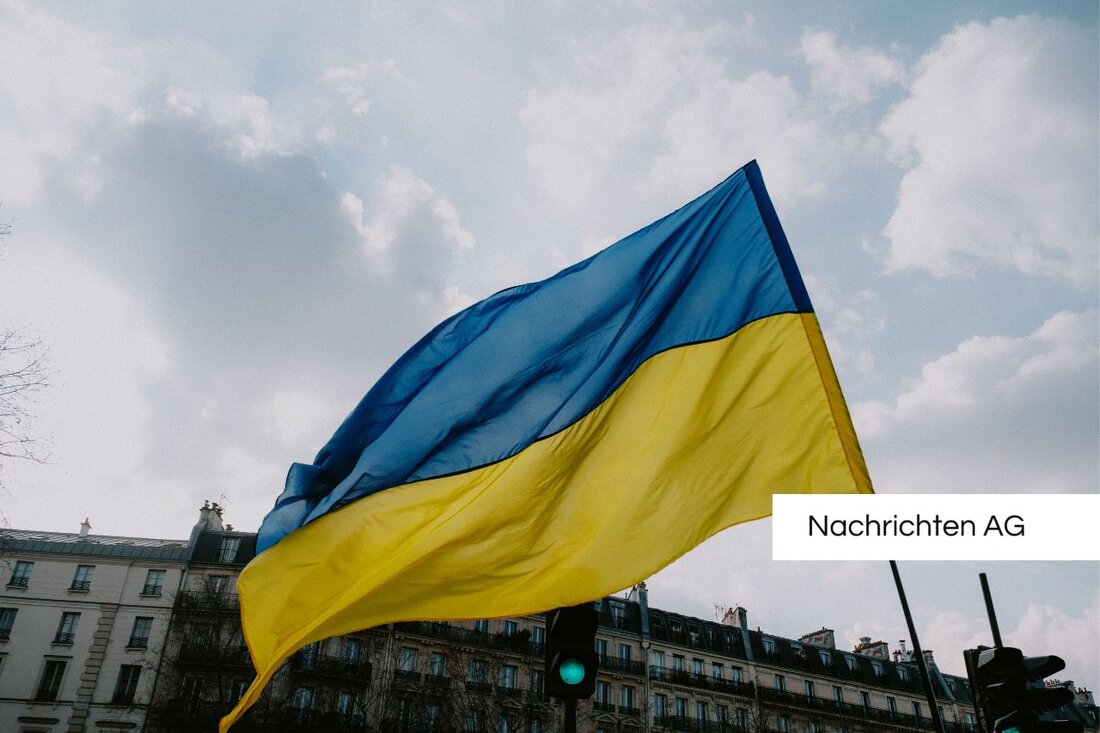Students in the Werra-Meißner district master global crisis scenarios!
Students from Witzenhausen learn diplomacy and crisis management in a simulation game during an excursion on September 15, 2025.

Students in the Werra-Meißner district master global crisis scenarios!
In Witzenhausen, in the Werra-Meißner district, students have now experienced first-hand how diplomacy works and how to overcome crises. Four classes from the district’s vocational schools took part in an exciting simulation game called “POL&IS” at the Franconian Academy in Schney, Upper Franconia. The event was organized by the Bundeswehr's educational program “Politics and International Security” and gave participants a unique insight into the mechanisms of global politics.
The simulation game offers an interactive platform on which students take on the roles of heads of government, ministers and representatives of international organizations. It's about making decisions, forming alliances and dealing with crises strategically. The simulation's topics ranged from drug trafficking in South America to the activities of Chinese fishing trawlers off African coasts to the Ukraine conflict, and even domestic political challenges such as girl murder in India and abortion laws in North America were covered. Ecological topics, such as the global garbage patch of 100 million tons in the sea, also found their place in the simulation game. This approach promotes a deep understanding of the need for cooperation and compromise.
A look at the learning objectives
Karin-Röse Maurer, a politics teacher, emphasized that this experience made the students realize the importance of dialogue and compromise for peace. The simulation game not only supports learning about international contexts, but also promotes teamwork and critical thinking. It is designed to allow students of all ages, from lower secondary to adult education, to participate, showing that the content is adaptable to different audiences.
The format of the simulation game is flexible and includes different phases in which the students have to make both diplomatic and economic decisions. The participants act in a simulated environment that includes up to nine fictitious states. In this way, they learn how international politics works and what factors can influence successful negotiations. The time requirement is estimated at up to five hours, which provides sufficient space for reflection and discussion.
Practice-oriented learning
The simulation game “Politics and States”, which was developed by the provider Steven Kawalle, is not only characterized by its innovative approach, but was also awarded the German simulation game prize. The materials are sent to the schools by post, and the game management also receives support from a comprehensive manual. No previous knowledge is required for successful implementation, as a 30-minute online tutorial optimally prepares participants.
This event in Witzenhausen is a refreshing example of how practical relevance and theory can be successfully combined. It makes a valuable contribution to political education and raises young people's awareness of globally relevant issues. At a time when understanding international relations is more important than ever, students here have seized the opportunity not only to learn, but also to actively participate in shaping and overcoming today's challenges.
If you would like to find out more about the simulation game, you can find further information on the website Politics and States as well as in the report by HNA. Additional details on planning and implementing simulation games in an educational context are also available on the website Federal Agency for Civic Education to find.

 Suche
Suche
 Mein Konto
Mein Konto